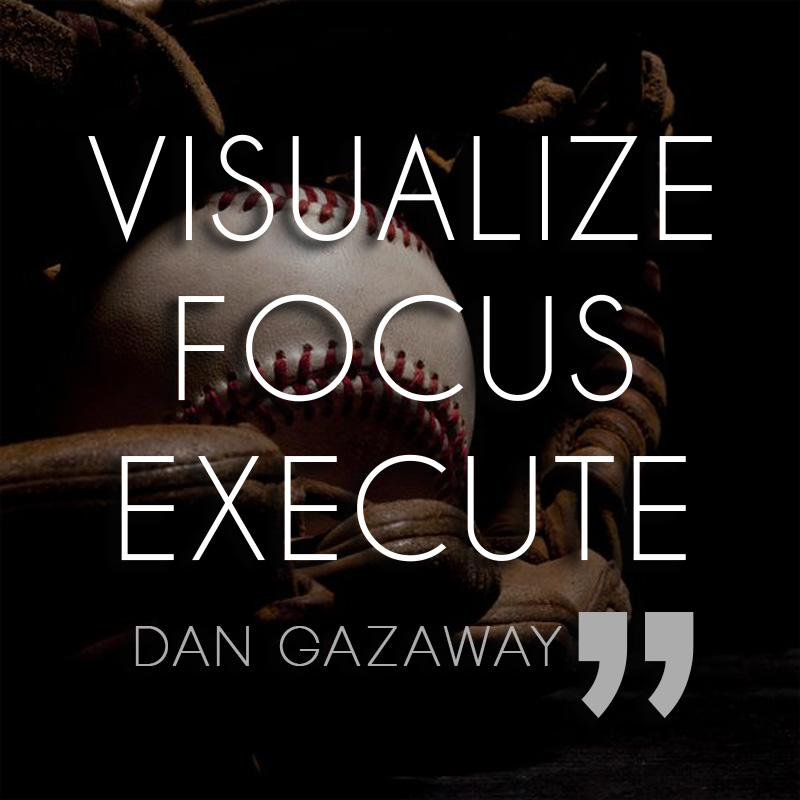Your Best Pitching Performance?
October 25, 2010Baseball’s Best Pitching Articles
October 25, 2010Have you ever wondered how it is that these guys pitching in the playoffs can stay so composed in the face of pressure and adversity? I was watching Roy Halladay pitch against the San Francisco Giants Saturday and looked closely at his composure pitch to pitch. The guy is a robot! I watched the umpire miss a couple big pitches and saw nothing out of Roy. I watched him give up TWO home runs to Cody Ross and saw nothing. I watched him have some great innings as well, and saw nothing change in his demeanor.
Is this just Roy? Not at all. I saw the same thing out of Oswalt last night.
Composure. Composure. Composure. How do they do it when I watch young athletes every year give up a hit or a walk and slump their shoulders, kick dirt, and swear. The answer is (among other things) is perspective.
Halladay and Oswalt both understand that a baseball game is a marathon. Each inning is simply a small stage in the journey. They understand mistakes will be made physically from time to time, but they protect and filter unnecessary thoughts and reactions when these bad things happen. This allows their bodies to pitch as they have been trained to pitch.
Think of it this way. Your mind is like a giant culvert with water (your thoughts) running through it constantly. Every once in a while a log (hit, walk, error) floats through the culvert. It’s no big deal if you let the log float on through, but it becomes a problem when the log turns sideways and jams up the flow of the water. Soon more logs come through and create a log jam. At this point, the main course of the water (your thoughts remember) has been altered and it will take some time and work to free up the log jam. Time you don’t have.
The reason the missed pitches and the home runs made little difference to the pitchers I’ve mentioned is because they understand what will happen if they allow their thoughts to run wild. They will lose focus, make more bad pitches, and soon find themselves out the game.
So, check yourself when you’re performing. See how often you spend time in a “log jam”. Believe me, it’s a lot easier letting the logs pass through.


